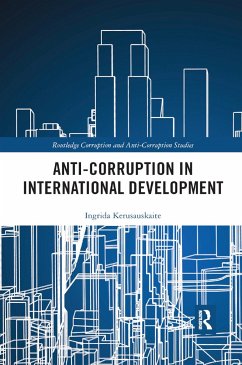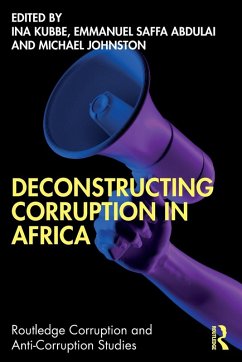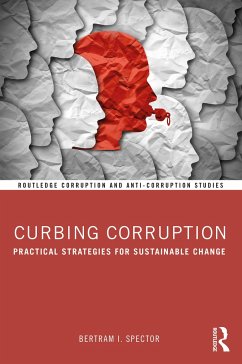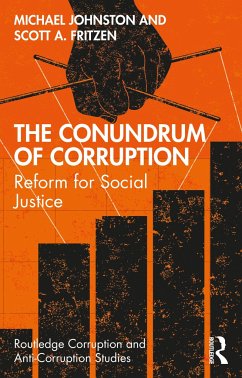
The Digitalisation of Anti-Corruption in Brazil
Scandals, Reforms, and Innovation
Versandkostenfrei!
Versandfertig in 1-2 Wochen
65,99 €
inkl. MwSt.
Weitere Ausgaben:

PAYBACK Punkte
33 °P sammeln!
This book investigates how digital technologies, such as social media and artificial intelligence, can contribute to combatting corruption in Brazil. The book will interest students, researchers and practitioners of technologies and development in Brazil and Latam, as well as corruption and anti-corruption studies more broadly.














